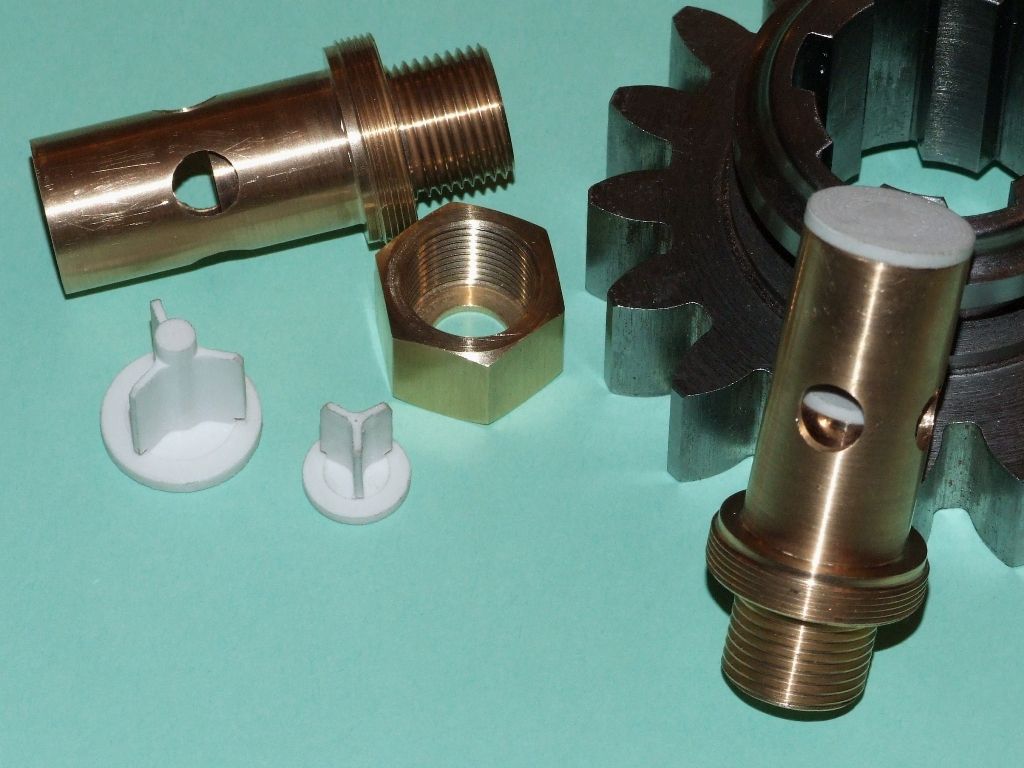An armchair view for what it's worth!
Industrial experience has shown fitting sliding surfaces by forcing one over the other gives poor results.
The idea is that driving the two parts removes the exact amount of metal in all the right places needed to get a good match. This happens, but it doesn't leave the metal in good condition. As neither of the two parts is a cutter, metal is removed by gouging and galling whilst smoothness is achieved by smearing peaks into the valleys and infilling them with debris. The resulting surface is full of microcracks and weaknesses, and galling causes deep damage.
At first a valve or bearing made this way will perform well, lasting long enough to fool the workman into thinking he's done a good job! Unfortunately, the damaged surfaces wear rapidly; bearings slop, and valves leak.
Depending on the application it may not matter: the bearings and slide valves in model locomotives aren't subjected the thousands of hours of hard running, and it might take years until a slide valve made by driving has to be replaced. The inferior method doesn't matter at all if the engine is tested a few times on compressed air and then displayed in a glass cabinet! But it wouldn't do for a hard working engine intended to give reliable service.
In contrast, lapping takes a multitude of tiny cuts with a fine abrasive, removing metal cleanly without much smearing, and the process leaves a high-polish on a mostly undamaged surface. Although lapping increases the working life of bearings and engines dramatically, it too causes enough damage for industry to routinely apply even finer finishing methods.
Remember 'Running In Please Pass' signs on new cars? Necessary because the bores and bearings were imperfectly lapped and gently knocking off the tiny remaining scars and changing the oil after the first 500 miles greatly increased the life of the engine. Still pays to run a new car gently at first, but it's no longer essential to keep under 20mph for a few months!
Dave
Edited By SillyOldDuffer on 26/06/2022 08:38:56
 Simon Collier.
Simon Collier.




